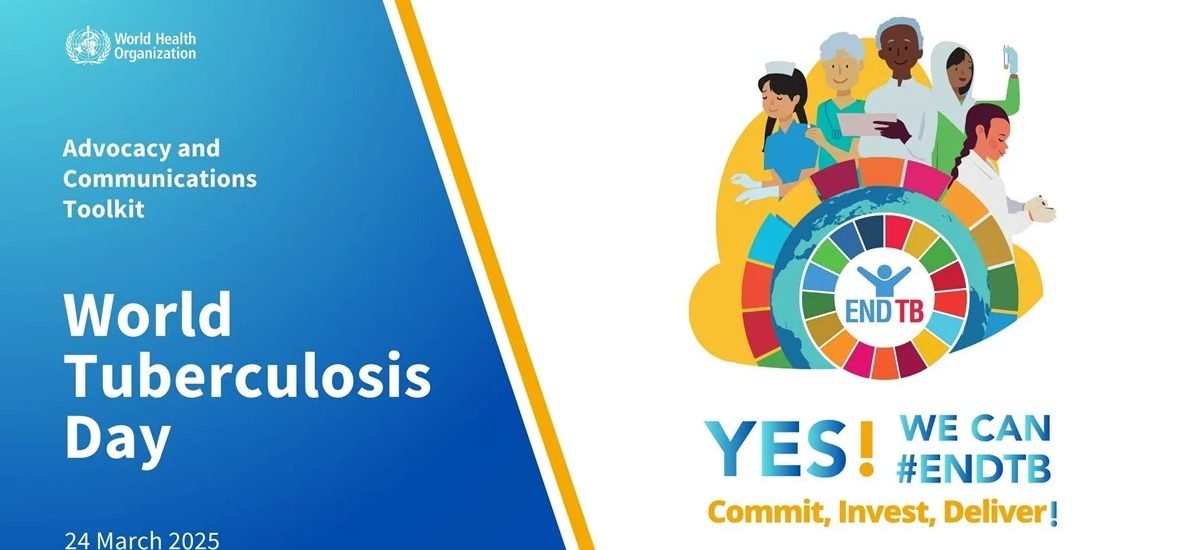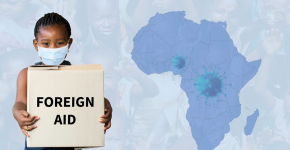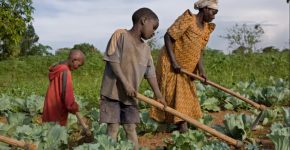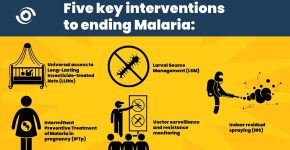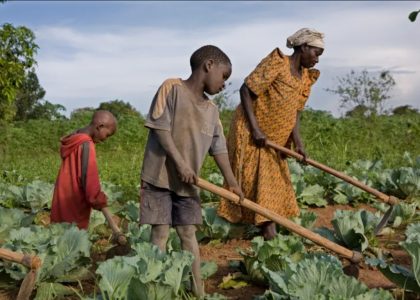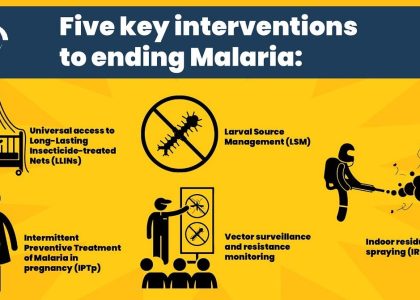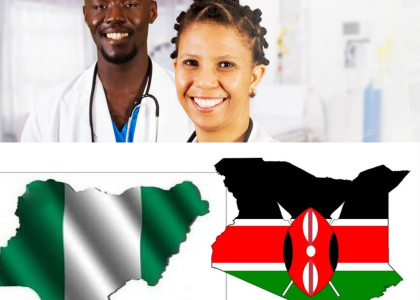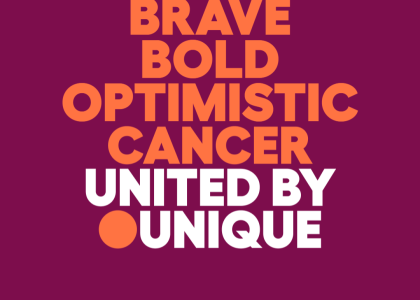Understanding the Tuberculosis Crisis in Southeast Nigeria
Tuberculosis (TB) remains one of the deadliest infectious diseases in the world, with Nigeria ranking among the high-burden countries. In Southeast Nigeria, the situation is particularly concerning due to underdiagnosis, poor healthcare access, and stigma surrounding the disease.
According to the World Health Organization (WHO), Nigeria recorded an estimated 479,000 TB cases in 2023, but only about 285,000 were officially diagnosed and treated. This means that thousands of individuals remain undiagnosed, continuing to spread the infection unknowingly.
Why TB Persists in Southeast Nigeria
- Limited Access to Diagnosis and Treatment
- Many rural areas lack well-equipped TB diagnostic centers.
- Patients often rely on traditional medicine instead of seeking medical help.
- Stigma and Misconceptions
- Many people still associate TB with curses, HIV, or poverty, discouraging individuals from seeking treatment.
- Poor Healthcare Infrastructure
- Lack of funding for TB programs means fewer screening facilities and trained personnel.
- Co-Infection with HIV/AIDS
- TB is the leading cause of death among HIV-positive individuals, yet many do not receive the integrated care they need.
DeKing Charity Foundation’s Contribution to Fighting TB
At DeKing Charity Foundation (DCF), we recognize that TB is not just a health crisis but a social and economic burden on families and communities. Our TB Awareness and Intervention Program is designed to tackle the disease through:
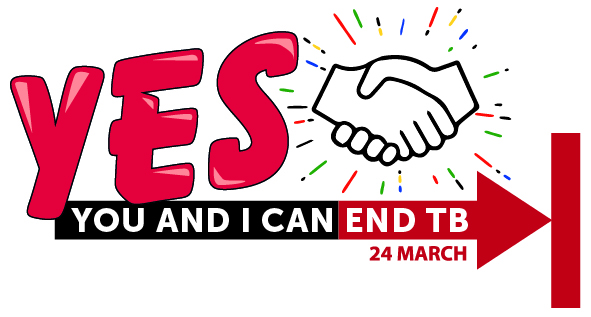
1. Free TB Screening and Diagnosis
We partner with local healthcare centers to provide free TB testing in high-risk communities. Our mobile health teams reach underserved areas where access to healthcare is limited.
2. Community Awareness and Education
Many TB cases go undiagnosed due to ignorance and stigma. Our campaigns educate the public on:
- Early signs and symptoms of TB.
- The importance of completing treatment.
- How to prevent TB transmission within families and communities.
3. Supporting TB Patients with Medication and Nutrition
TB treatment requires months of continuous medication. We provide nutritional support for underprivileged TB patients to help them stay strong throughout their treatment.
4. Advocating for Stronger TB Policies
We engage policymakers to improve healthcare access, expand TB treatment centers, and fund research into better treatment methods.
Learning from Global Best Practices
Nigeria can adopt solutions that have worked in other high-burden TB countries:
- India’s DOTS Program (Directly Observed Treatment Short Course)
- Trained health workers supervise TB patients to ensure they complete their medication.
- South Africa’s Integration of HIV and TB Treatment
- Co-treatment has reduced TB deaths among HIV-positive individuals.
- Rwanda’s Community-Based TB Care
- Local volunteers help monitor TB patients, reducing cases of incomplete treatment.
How You Can Help
TB is preventable and curable, but it takes collective action to eliminate it. DeKing Charity Foundation invites volunteers, donors, and healthcare professionals to join us in this fight.
- Volunteer: Help us raise awareness and educate communities.
- Donate: Your contribution will help fund free screenings and medication support.
- Partner with Us: If you are a healthcare worker or organization, collaborate with us to expand TB interventions.
By taking action today, you can help save lives and ensure a TB-free future for Southeast Nigeria.
Join DeKing Charity Foundation in the fight against TB. Together, we can make a lasting impact.
Sources:
- World Health Organization (WHO) TB Report 2023
- Nigeria Centre for Disease Control (NCDC) TB Surveillance Data
- Global TB Alliance Research Papers


